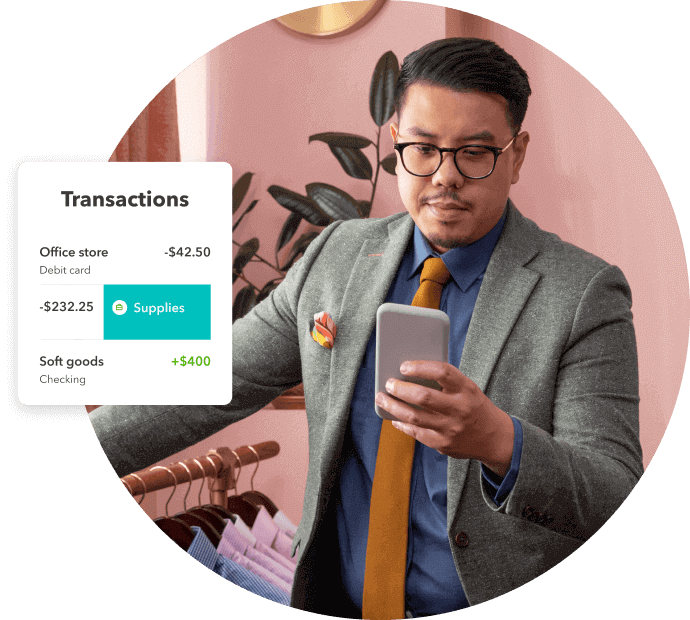Exits are hard, but you get to choose them
"Exiting a lifelong passion and profession is never easy," says Alexandre, explaining his decision to move on from the Olympics. That's especially true when you're driven by a passion for what you do.
Knowing when to do something else is equally important for an entrepreneur, or someone who's thinking about entrepreneurship. "At some point, you have to decide to pass on to another path," adds Alex.
Deciding when to change your path takes emotional intelligence, which involves the ability to look inside yourself and understand if you still have more to explore. When he won his first gold medal in the Vancouver 2010 Olympics, Alexandre knew that in spite of the accolade, he still hadn't reached the pinnacle of his sport.
"I felt that I still wasn't the best skier I could have been, and that would have burned me for the rest of my life," he recalls.
Even then, Alexandre knew the 2014 Olympics would be his last. "It was clear to me that it was my last four years," he continues. "Whatever the result, I would move on and try to achieve something else in life."
Entrepreneurs follow all kinds of career paths to business success, but once they start a business, they rarely look back. In fact, three in four small business owners would never go back to working for someone else, according to a 2022 Intuit QuickBooks report.
Nevertheless, growth is a key driver for entrepreneurs. So when you feel you've grown as far as you can with your business, you might want to pursue a new venture. The same can be said if you're a burgeoning entrepreneur looking to start your own business and leave your day job – it can feel like a big pivot or like you're starting from scratch, but starting a business can lead you to both personal and professional growth.
Whatever path you're on, it's important to take responsibility for your exit strategy in any high-performance, high-stakes pursuit, according to Alex. It's best to do it with intent, choosing the moment of your departure on your own terms rather than being forced out by external circumstances. Handing the baton to a new generation of potential Olympic champions enabled him to exit gracefully.

